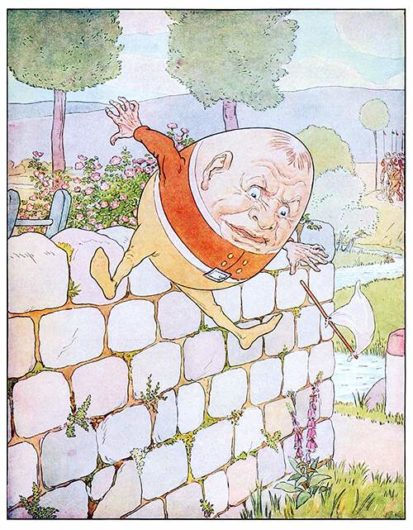People talk.
And in your memoir, even if you are the kind of writer who leans more toward the meditative/reflective style of memoir writing—at some point, your characters will open their mouths and speak.
So, the question becomes: Are you allowed to invent?
Obviously, you don’t remember word for word, exactly what was said all those dark years ago. At best you remember the way someone’s words made you feel. And it’s true, some people do have remarkable memories, and do remember clearly what was said at key junctures in life. It’s not the same, though, as having recorded every single word said in conversation within earshot of your tender body since the ripe age of two.
So, what to do?
There are many schools of thought with this craft dilemma. I jump down on the side of the wall that says  memoir is a re-creation of a truth, your remembered experience of an event, or a time, or a period in your life—what it meant to you, how it affected you, how it shaped your psyche and heart, how it shaped your future days. And since that is what I believe, my take on the dialogue dilemma in memoir is that you create what best represents the character, the moment, and the remembered essence of the truth that you took away from the scene.
memoir is a re-creation of a truth, your remembered experience of an event, or a time, or a period in your life—what it meant to you, how it affected you, how it shaped your psyche and heart, how it shaped your future days. And since that is what I believe, my take on the dialogue dilemma in memoir is that you create what best represents the character, the moment, and the remembered essence of the truth that you took away from the scene.
And that is the best you can do.
I do not believe that memoir is journalism and that you as a memoirist are recording some objective factual history of a time and place. I do not believe that memoir is, at root, about recording facts. Memoir contains facts, but the outcome of a memoir is a truth, your truth.
I believe that writing memoir is about creating a felt experience of the truth you have come to believe about your life.
Hence, there is leeway in my world for the re-creation of the words shared amongst the characters of your life.
With that said, I also believe in charity and compassion. We may remember in our skin a particular moment in time with horror, and great anger, but then what words do you put into the players mouths? This is obviously the artist’s choice. However, I urge you to error on the side of compassion.
How might you communicate your point, and still show the complexity of being human—the stupid mistakes we all make, the pressures of society, the culture of the times? All these variables affect why people behave the way they do. The memoirist who can keep that in mind, writes, I believe, a more realistic story, a more human story.
mistakes we all make, the pressures of society, the culture of the times? All these variables affect why people behave the way they do. The memoirist who can keep that in mind, writes, I believe, a more realistic story, a more human story.
So, bottomline about dialogue in memoir? Invent. (It’s all invention anyway, my friends.)
And then edit, wearing the cap of: Smart writer with a heart.


